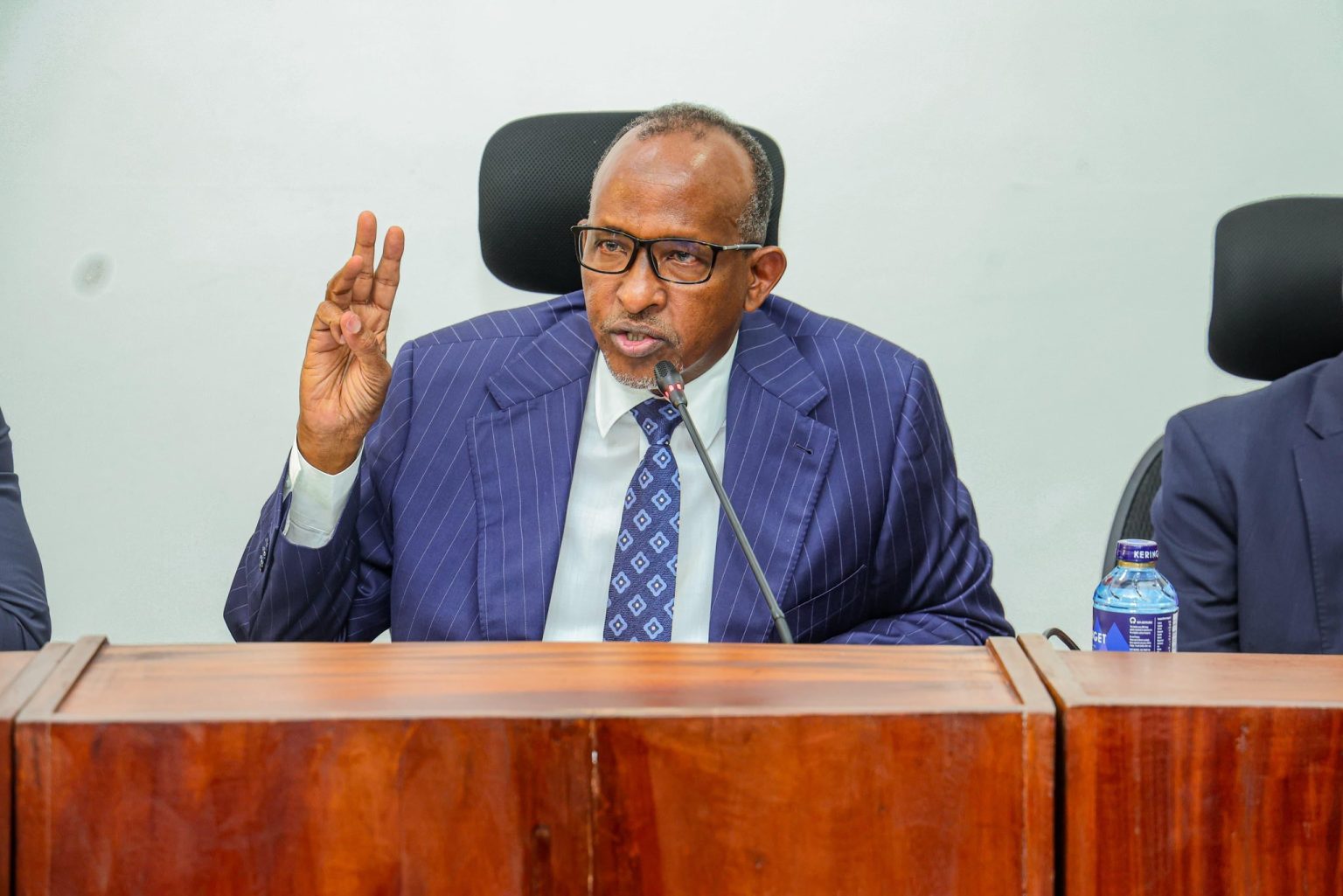Health Cabinet Secretary Aden Duale at the World Health Assembly in Geneva last week.
Access to quality healthcare remains a major challenge in Kenya
and Africa at large as African governments continuously show their lack of
commitment to adequately fund heath systems.
In 2001, African governments committed to allocate at least
15 per cent of their national budgets to health, in the Abuja
declaration. Despite the commitment, most governments have not attained the declared 15 per cent budget allocation mark.
The declaration was aimed at improving access to quality
healthcare and address challenges like HIV/AIDS, tuberculosis and malaria. It
was seen as a crucial step towards increasing national health spending and
mobilising resources to improve health outcomes in Africa.
A recent report released by the African Institute for
Development Policy (AFIDEP) puts Kenya on the radar of countries yet to achieve
the 15 per cent agreed upon.
It says Kenya has shown tremendous improvement in the budgetary
allocation since the promulgation of the new constitution, which devolved 70 per cent health programmes to counties.
In the report, AFIDEP opines that the combined National
and County budget on health in the financial year 2021/2022 was 11 per cent, which is
still below the 15 per cent Abuja declaration.
This has consequently affected the
expenditure on health services with patients being left to cover 50 per cent of their
health needs out-of-pocket, donor aid or private means.
According to a recent statistic by the Human Rights Watch
and the Kampala-based Initiative for Social and Economic Rights (ISER), after
two decades since the declaration, only two countries, Cabo Verde and South
Africa, have met the required 15 per cent mark in their respective
budgets.
New data reveal alarming stagnation, widening regional inequalities
and pointing up the need to correct course.
Allana Kembabazi, the ISER programme manager, in the report
said, “It is disappointing that African countries have failed to meet health
spending targets they set. The impact of this is felt in lives lost as a result
of underfunded, poor-quality public health systems. Covid-19 underscored that
it is more important than ever for governments to finance health care.”
The report added: “Despite the global surge in public healthcare spending amid
the pandemic in 2021, on average African governments spent only 7.4 percent of
their national budgets on health care, less than half of what they had pledged
20 years earlier. Overall, about 95 percent of people in Africa lived in a
country that did not meet this spending target that year.”
The report further suggests that despite making clear
commitments to prioritize national public healthcare spending in 2001, African
governments’ allocations to health care grew minimally over the subsequent two
decades, at about one-third the global average. By 2021, Africa’s regional average
had become the lowest in the world.
Human rights bodies, including the African Commission on
Human and Peoples’ Rights in its 2021 report alluded that decrease in
healthcare funding should be examined as potentially deliberate retrogressive
measure, which would violate countries’ obligations on the right to health
unless they are fully justified.
The Kenya Human R Commission, commenting on a recent report that shows Kenya had nearly 800,000 unsafe abortions in 2024, blamed low spending on health.
“The failure to align funding with the Abuja Declaration has
resulted in a lack of adequate sexual and reproductive health services. Several
key studies and reports have documented the link between
inadequate government financing for sexual and reproductive health services and
the prevalence of unsafe abortions,” KHRC said.
